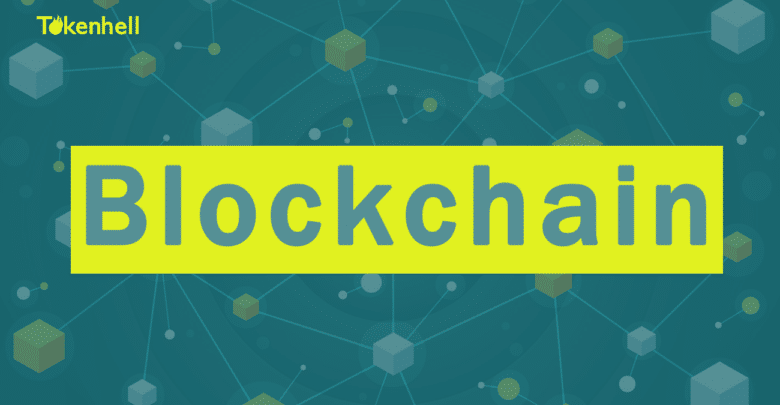Tokyo University’s Researchers Have Devised a “Digital Court” Mechanism Using Blockchain Technology
Designed to identify and punish those parties ‘who deviate from legal obligations’.

The “Digital Court” Mechanism
Researchers have introduced a new way to perform legal functions in the form of “Digital Court”. Researchers from the University of Tokyo and the University of British Columbia have worked together to develop a “digital court” mechanism by utilizing blockchain technology.
Professors Hitoshi Matsushima from the University of Tokyo’s Department of Economics and Shunya Noda from the University of British Columbia’s Vancouver School of Economics used blockchain technology to design this mechanism. This mechanism has been developed on the basis of the existing idea of smart contracts.
This blockchain-powered digital court mechanism has been created for the purpose of settling legal disputes ‘without the need for a costly legal process’.
Economics researchers devised a #DigitalCourt using #blockchain technology. The digital court could settle disputes without the need for a costly legal process. #UTokyoResearchhttps://t.co/CbrSScv8Co pic.twitter.com/ab8QnX8bnW
— UTokyo | 東京大学 (@UTokyo_News_en) April 6, 2020
The areas of auctions, business contracts, and sales could make use of this mechanism.
How the digital court mechanism works
Professor Hitoshi Matsushima explains the working process of this blockchain-powered digital court mechanism in a press release published on April 6, 2020.
According to Hitoshi Matsushima, the digital court is designed to identify and punish those parties ‘who deviate from legal obligations’.
Matsushima explained digital court in the followings words:
“We designed a digital court which identifies and punishes parties who deviate from legal obligations such as commercial activities but could potentially be any kind of agreement. On suspected violation of some agreement, those involved post their opinions to this digital court. The court algorithmically aggregates the parties’ opinions and judges who violated their agreement. If the digital court judges that a party violated the agreement, the party is fined by withholding a deposit made during the initial agreement.”
Moving ahead, Matsushima highlighted the importance of having a system like the “digital court” mechanism and says that mostly, some of the stages involved in the process occur away from the blockchain which ensures privacy.
“There is a lot of complicated maths involved behind the scenes which end-users would not need to be aware of. But providing there are more honest users than dishonest ones, which fortunately in the real world does seem to be the case, then only those who violate agreements or provide false information are punished. Honest users incur only minute costs for use of this system,” adds Matsushima.
Tokenhell produces content exposure for over 5,000 crypto companies and you can be one of them too! Contact at info@tokenhell.com if you have any questions. Cryptocurrencies are highly volatile, conduct your own research before making any investment decisions. Some of the posts on this website are guest posts or paid posts that are not written by Tokenhell authors (namely Crypto Cable , Sponsored Articles and Press Release content) and the views expressed in these types of posts do not reflect the views of this website. Tokenhell is not responsible for the content, accuracy, quality, advertising, products or any other content or banners (ad space) posted on the site. Read full terms and conditions / disclaimer.






